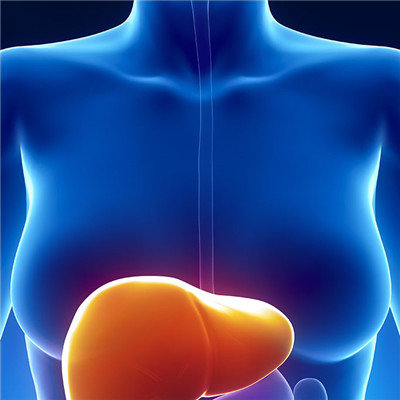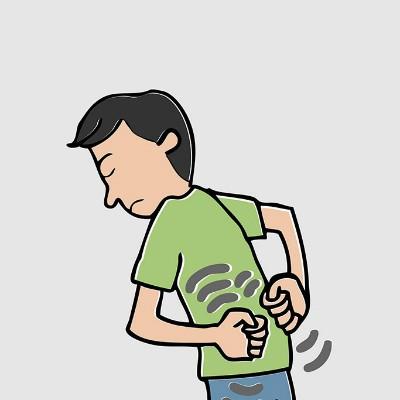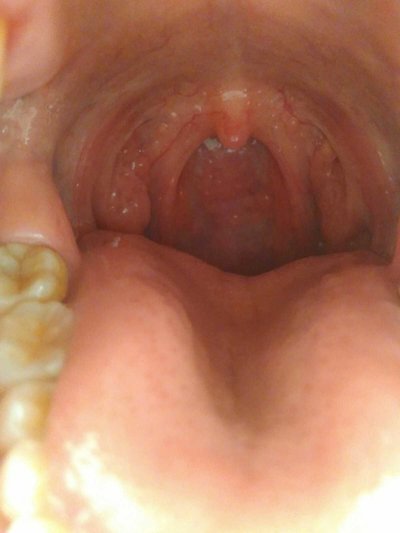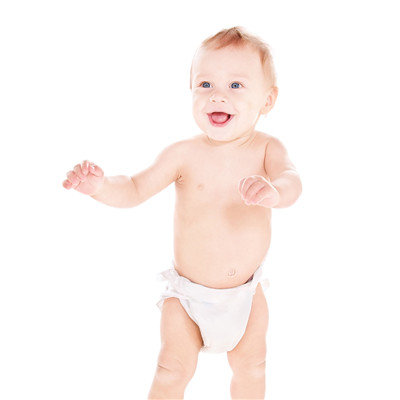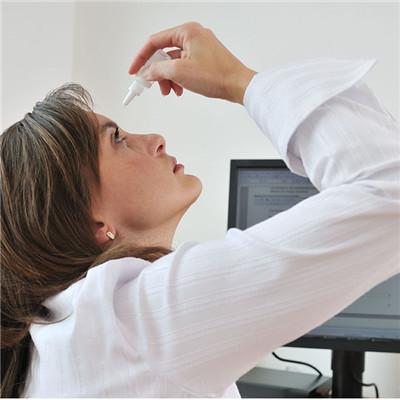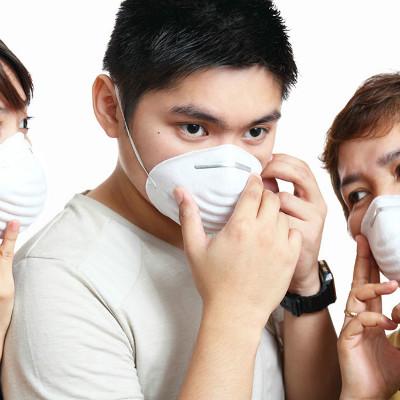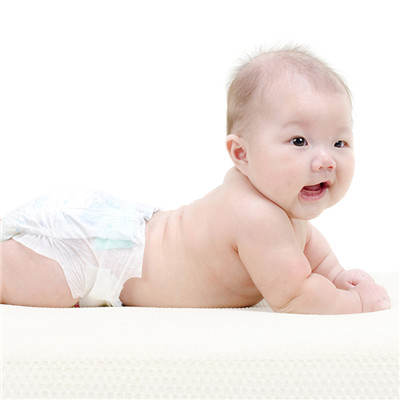Why do you get obsessive compulsive disorder? Is psychosocial factor the culprit?
summary
Obsessive compulsive disorder has a high prevalence rate in modern clinical practice. Many patients may have some symptoms of obsessive-compulsive disorder. However, as long as this kind of obsessive-compulsive symptoms have little effect on patients, it is not so serious. Only when it has a serious impact on patients, it needs people's attention and active treatment. Well, many people have this question: why do people get obsessive-compulsive disorder?
Why do you get obsessive compulsive disorder? Is psychosocial factor the culprit?
First, observe the learning hypothesis. According to the learning theory, observation is the conditioned stimulus that leads to anxiety. Because of the original anxiety evoked stimulus connection (unconditioned reflex), through observation and thinking stimulation, we get the actual anxiety. Thus, in fact, the individual has acquired a new drive. Although compulsion can be acquired in different ways, once acquired, the individual will find that some activities with the help of obsessive-compulsive concept can help reduce anxiety. When anxiety occurs, the individual's anxiety will be alleviated by using compulsive method, and this result strengthens the individual's compulsion.
Second, social psychological factors are important inducing factors of obsessive-compulsive disorder. For example, due to the change of working and living environment, the responsibility is increased, the situation is difficult, the fear of accidents, family discord or sudden fright due to the loss of relatives and so on. Some normal people occasionally have obsessive-compulsive concept, but it does not last, but can be strengthened and persist under the influence of social factors, thus forming obsessive-compulsive disorder.
Third: psychodynamic hypothesis. According to the principle of psychodynamics, obsessive-compulsive disorder is originated from the anal period of sexual psychological development, that is, the period of beginning urination and defecation training. At this time, parents and children, on the one hand, demand each other's obedience, on the other hand, they are not constrained. This kind of unequal opposition causes children's inner conflict and anxiety, which makes the sexual psychological development stay at this stage and become the basis of psychological behavior degradation in the future. Once individuals encounter external pressure, they will return to the anal period of conflict and personality characteristics.
matters needing attention
In fact, there are many factors leading to obsessive-compulsive disorder, including various factors. However, as long as the impact of obsessive-compulsive symptoms on patients is small, there is no need to make a special fuss. But when the patient has already felt uncomfortable because of his obsessive-compulsive symptoms, it is necessary to actively carry out treatment.

